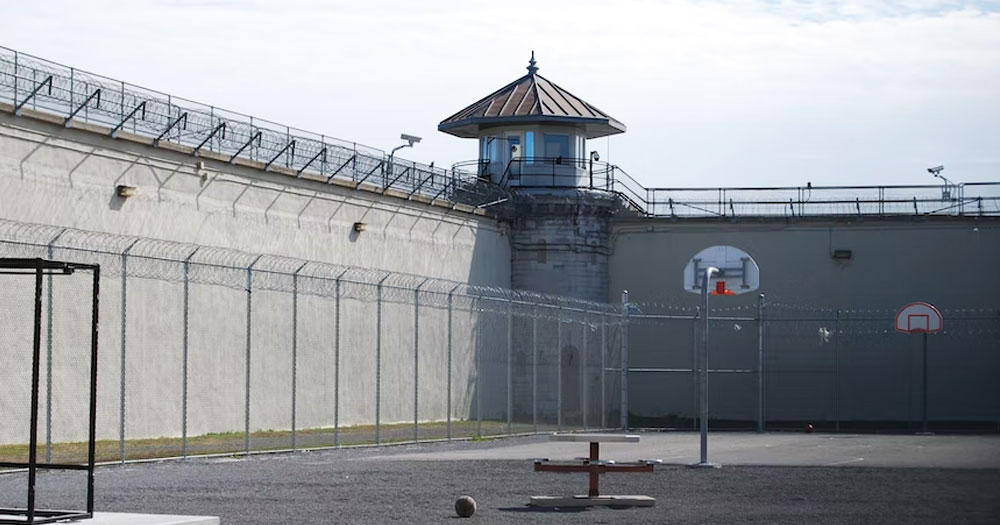Today, February 27, the new inmate policy framework announced by the UK Justice Secretary Dominic Raab comes into force, introducing a ban on some trans women from being housed in female prisons.
On Sunday, Raab confirmed that the new measures announced earlier this year to update the country’s trans inmates policy framework will take hold as of today. Under the new policy, trans women will no longer be housed in female prisons in the UK “if they have male genitalia or have committed sex crimes”.
Moreover, Raab announced a new update to include trans women who have been convicted of violent crimes in the scope of the ban. The new rules will apply regardless of whether the inmates hold a Gender Recognition Certificate and will allow exemptions, but only in the most exceptional cases and with government approval.
At present, 90% of convicted trans women are housed in male prisons in the UK. According to data published by the Ministry of Justice, out of a total of 230 inmates who identify as trans, 187 have recorded their legal gender as male and 43 as female.
Tweeting about the policy changes, Raab wrote: “As we have already promised, transgender women who have male genitalia or have committed sexual offences will no longer be held in women’s prisons – unless in the most exceptional cases, requiring explicit ministerial approval.”
He added, “And as of tomorrow we have gone one step further – changing our guidance so that transgender women convicted of violent offences will also no longer be held in mainstream women’s prisons.”
According to the organisation Scottish Trans, the best approach to the allocation of trans inmates in prisons is through an individual risk assessment process, not a blanket ban. Manager of Scottish Trans, Vic Valentine, spoke to The Scotsman, saying: “It’s our view that anyone who has committed sexually violent crimes, and who poses a risk to women, should not be housed with women on the female estate.
“For the approach to work, it is essential that everyone’s safety is considered. Where the risk assessment finds no genuine reason to decide otherwise, a trans person should be housed in the estate that corresponds with their identity.”
Valentine concluded, “Whilst blanket bans and rules about whole groups of people can feel reassuring, they very often lead us down a path we don’t want to follow. It is important to focus on the facts and take decisions that place the safety and human rights of everyone at their very centre.”
© 2023 GCN (Gay Community News). All rights reserved.
Support GCN
GCN is a free, vital resource for Ireland’s LGBTQ+ community since 1988.
GCN is a trading name of National LGBT Federation CLG, a registered charity - Charity Number: 20034580.
GCN relies on the generous support of the community and allies to sustain the crucial work that we do. Producing GCN is costly, and, in an industry which has been hugely impacted by rising costs, we need your support to help sustain and grow this vital resource.
Supporting GCN for as little as €1.99 per month will help us continue our work as Ireland’s free, independent LGBTQ+ media.
